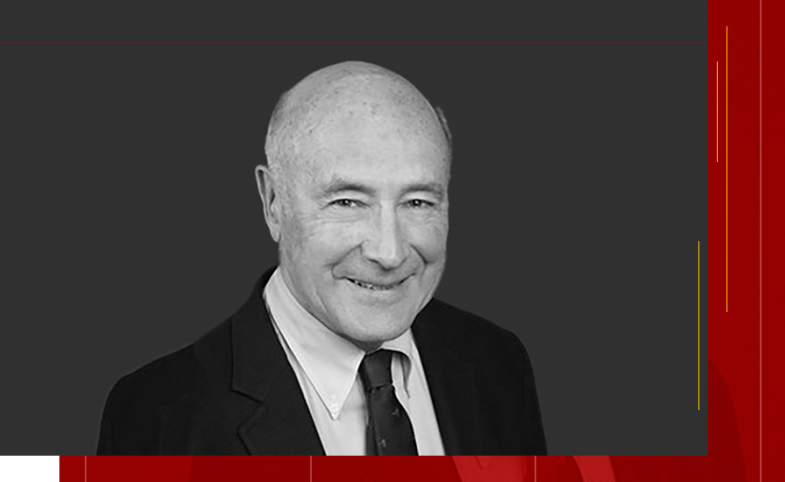
Remembering Joseph Nye
Joseph S. Nye Jr., who reshaped the understanding of global influence through his concept of soft power, has died. A political scientist and statesman of global stature, Nye transformed the way the world understands power and influence. He was a diplomat, political scientist, public intellectual, and professor whose ideas left a lasting mark on American foreign policy and global public diplomacy.
“Joseph Nye was the titan of the public diplomacy world. He defined it,” said Barry A. Sanders, who chairs the USC Center on Public Diplomacy (CPD) Advisory Board. “Moreover, I knew him to be a man of graciousness, humility, and generosity. He freely provided his time and wisdom to our Center. Indeed, he told me that whenever he is asked at Harvard where to go for graduate work in public diplomacy, his answer was USC. I admired his ecumenical approach to this and all other things.”
Nye, a University Distinguished Service Professor Emeritus and former Dean of Harvard’s Kennedy School of Government, served in senior roles across government, including Assistant Secretary of Defense for International Security Affairs and Chair of the National Intelligence Council. Yet perhaps no legacy looms larger than the intellectual framework he gave to the idea that persuasion and attraction—not just coercion—shape the global order.
Last year, Nye joined USC’s Master of Public Diplomacy (MPD) Director, Dr. Jay Wang, for a discussion of his memoir, A Life in the American Century. The event offered a sweeping reflection on the post-WWII rise of U.S. power and Nye’s own role in interpreting its evolution. The memoir traced his journey through academia and diplomacy, painting a personal and strategic portrait of American leadership in the modern world.
Nye also joined CPD for a video conversation about his 2019 article “Soft Power and Public Diplomacy Revisited,” part of a special edition of The Hague Journal of Diplomacy. The article—which called for genuine dialogue over mere messaging—was widely circulated among public diplomacy scholars and practitioners, and remains a touchstone for those advancing democratic values on the world stage.
In an op-ed for CPD that same year, “American Soft Power in the Age of Trump,” Nye argued that in a time of information overload and algorithmic manipulation, reputation and authenticity are the cornerstones of influence. “The most effective propaganda is not propaganda,” he asserted. “It is a two-way dialogue among people.”
Nye also participated in an interview with CPD focused on his 2015 book, Is the American Century Over? There, he revisited the roots of his “soft power” theory, first coined in 1990’s Bound to Lead, and reflected on its evolving relevance in a world grappling with social media, terrorism, and authoritarian resurgence. His responses, clear-eyed yet hopeful, provided not only analysis but advice for young scholars and aspiring diplomats.
CPD is grateful to Nye for his longstanding relationship with us. Steadfast in his commitment to dialogue, openness, and shared global responsibility, he inspired generations of students, diplomats, and scholars around the world. His ideas remain foundational in the study and practice of public diplomacy.
# # #
Tags
Visit CPD's Online Library
Explore CPD's vast online database featuring the latest books, articles, speeches and information on international organizations dedicated to public diplomacy.
Popular Blogs
-
November 13
-
December 17
-
November 25
-
January 2
-
January 2







